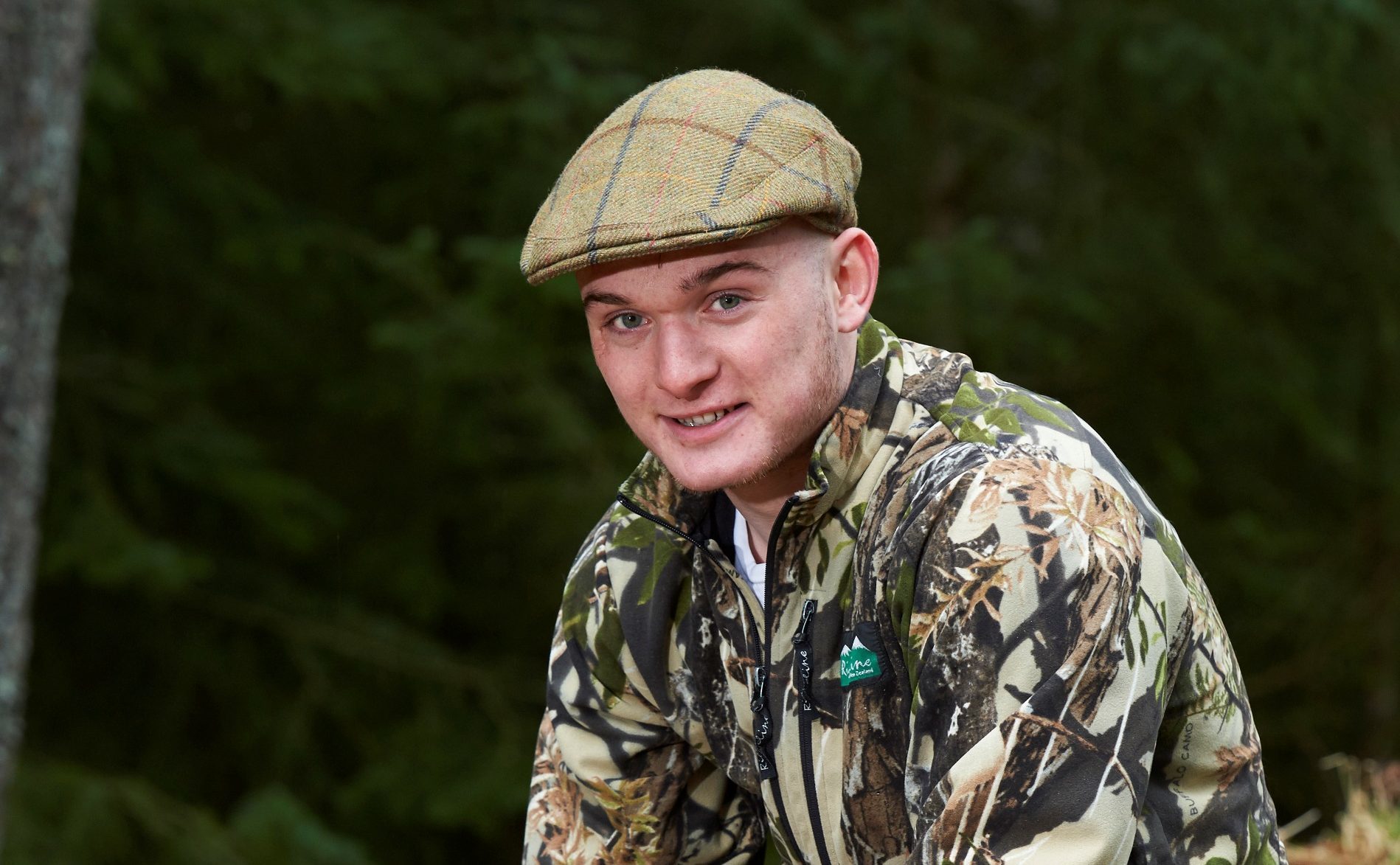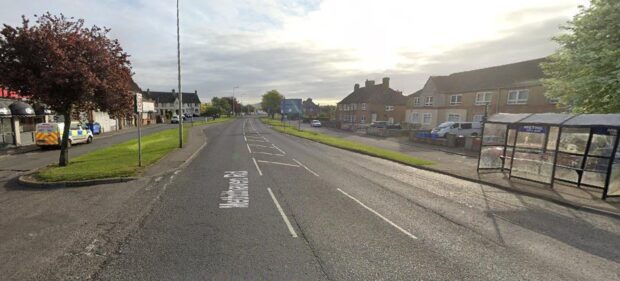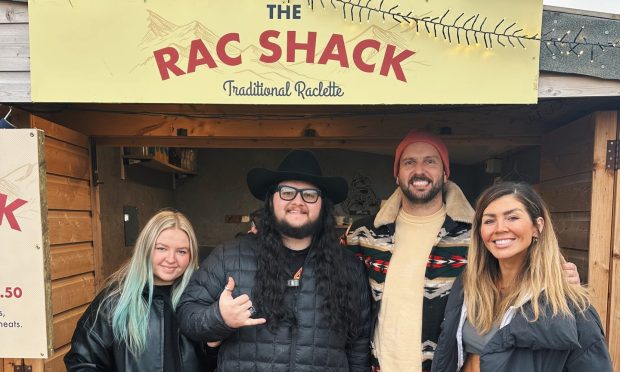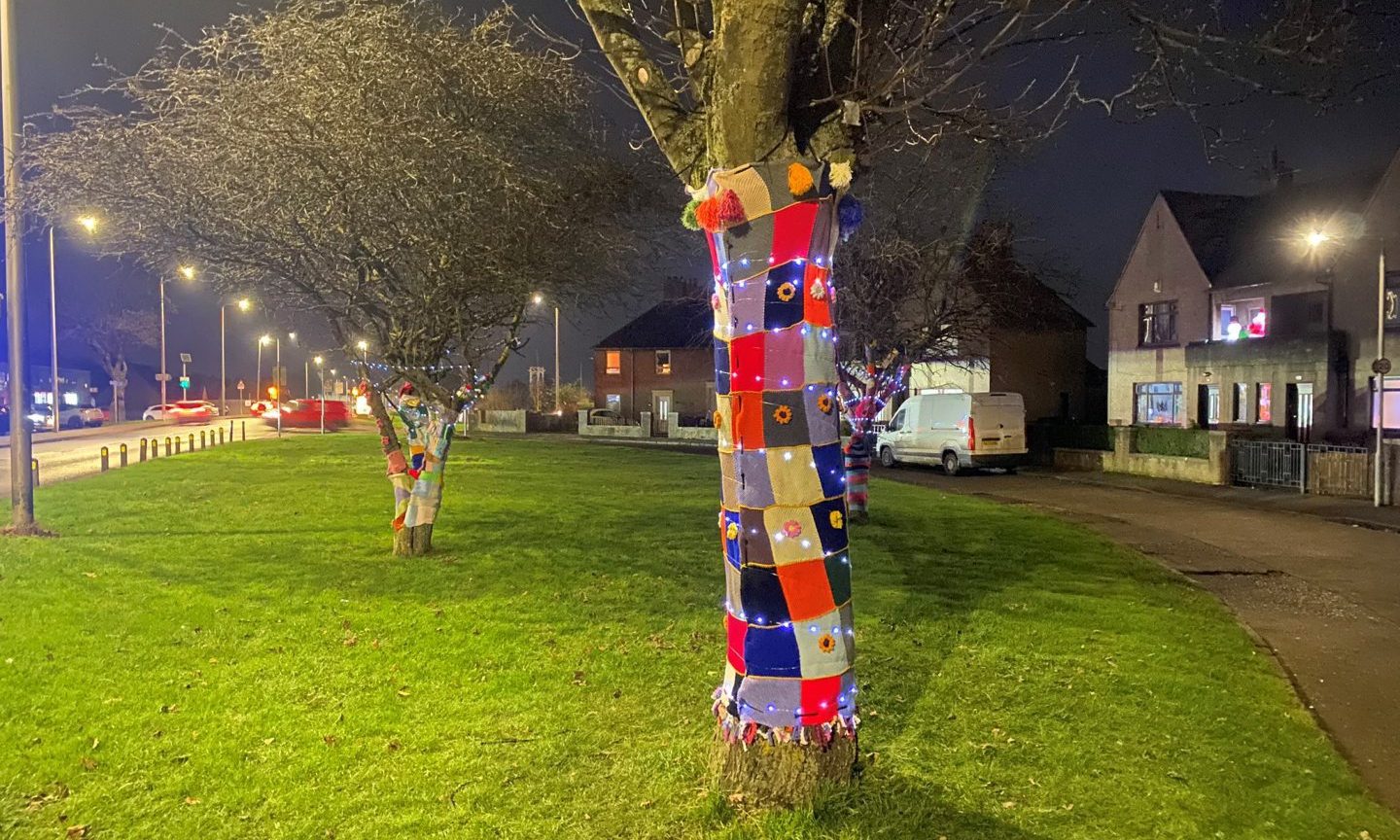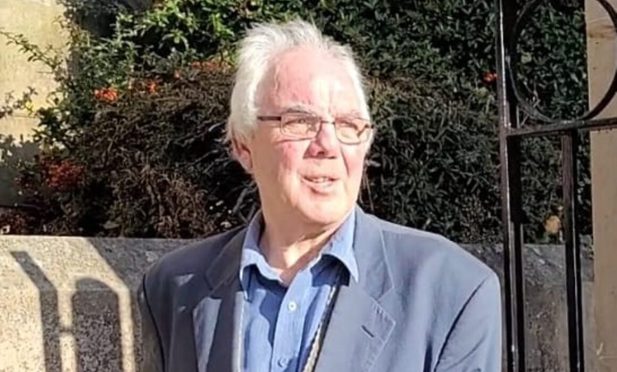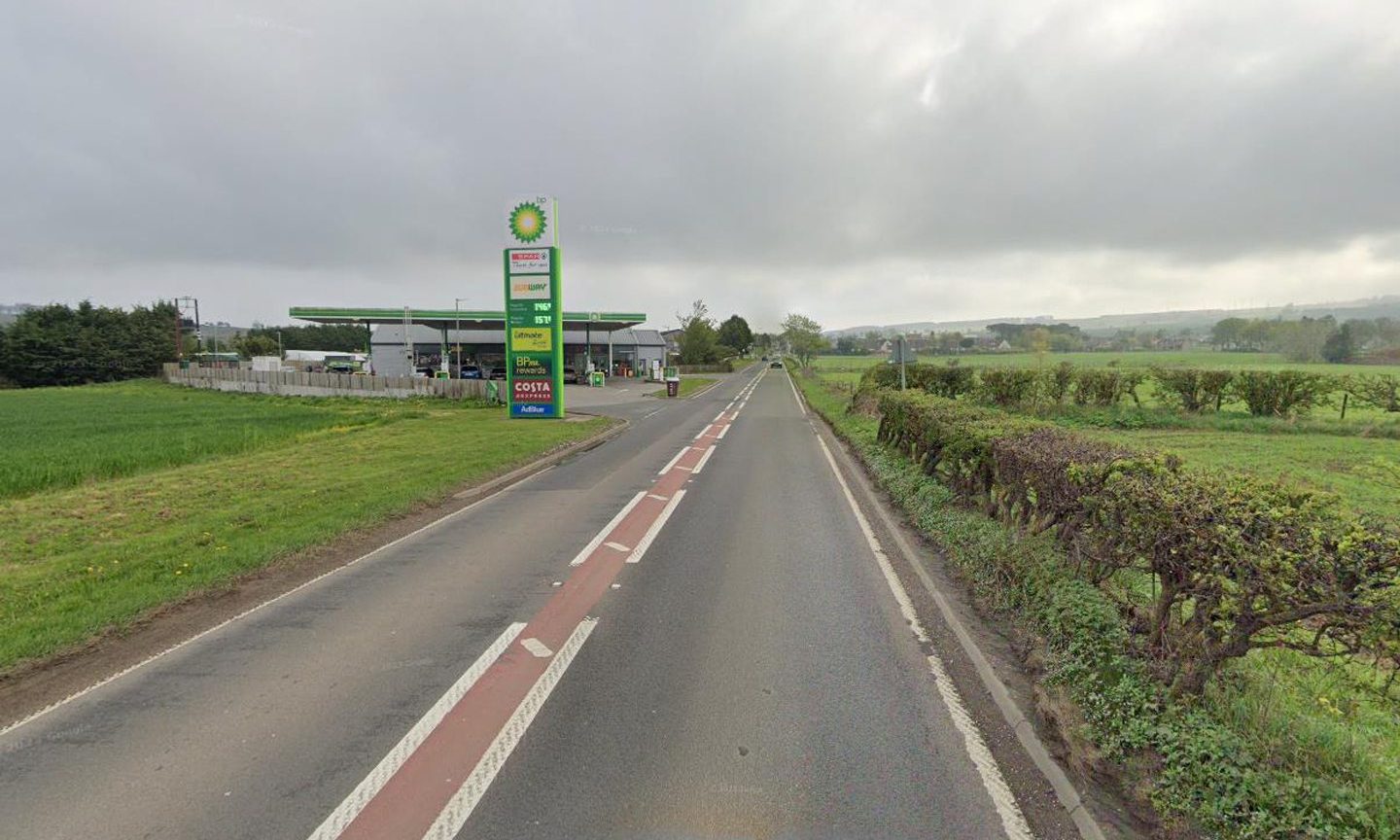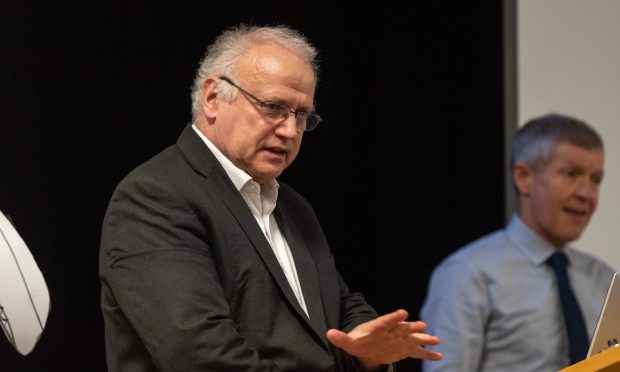Interest in gamekeeping as a career is flying high, claim Scotland’s leading rural colleges.
According to reports from lecturers at SRUC Elmwood Campus, North Highland College and Borders College, gamekeeping and wildlife management courses are experiencing strong demand from sporting estates, in particular grouse, for recently qualified gamekeepers and modern apprenticeships.
Jim Goodlad, gamekeeping and wildlife management lecturer at Elmwood, said: “It is imperative that the modern gamekeeper of the 21st Century is a highly-trained professional possessing an accomplished skill set combining theory with hands-on experience.
“Demand for our gamekeeping NC course is extremely high and having received more than 70 applications for 20 places, we are fully subscribed for the new term.
“This year we had nine students gaining full time jobs across a variety of gamekeeping disciplines as well as many attaining seasonal placements – a great success rate given that many of the remaining students are going on to further education.”
Meanwhile David Olds, a lecturer from North Highland College, added: “We have worked tirelessly on promoting a better understanding of the role modern gamekeepers play and feedback from estate owners is that the skills obtained by our students on the modern apprenticeship, HNC and NC courses are an essential part of equipping the next generation of gamekeepers to manage our countryside.”
The grouse industry is vitally important to rural Scotland in terms of both social and economic contributions.
Grouse shooting plays a major part in the £200 million that is generated for the economy by shooting and stalking every year.
Gamekeeping graduate Savio Genini, 19, who has won two awards, talked of his work.
Growing up in Kingussie he has been working on Pitmain estate, part of the Speyside Moorland Group, as a modern apprentice since 2013.
This led to him undertaking the NC in Gamekeeping from North Highland College.
“I am passionate about gamekeeping and the work that gamekeepers do in their local communities. “I grew up working as a beater in the summer and I knew it was always something that I wanted to do.
“There has been a big change in the way that gamekeepers are perceived recently.
“The great work that is carried out on estates in terms of conservation is being publicised through initiatives including the Gift of Grouse, and this is great for the industry and rural Scotland as a whole.
“You just have to look at the waders to see what a difference game keepers are making to support rare species.”
The Gift of Grouse showcases the benefits that grouse shooting has on local employment and trade as well as the national economy and highlights conservation and moorland management efforts carried out by gamekeepers.
